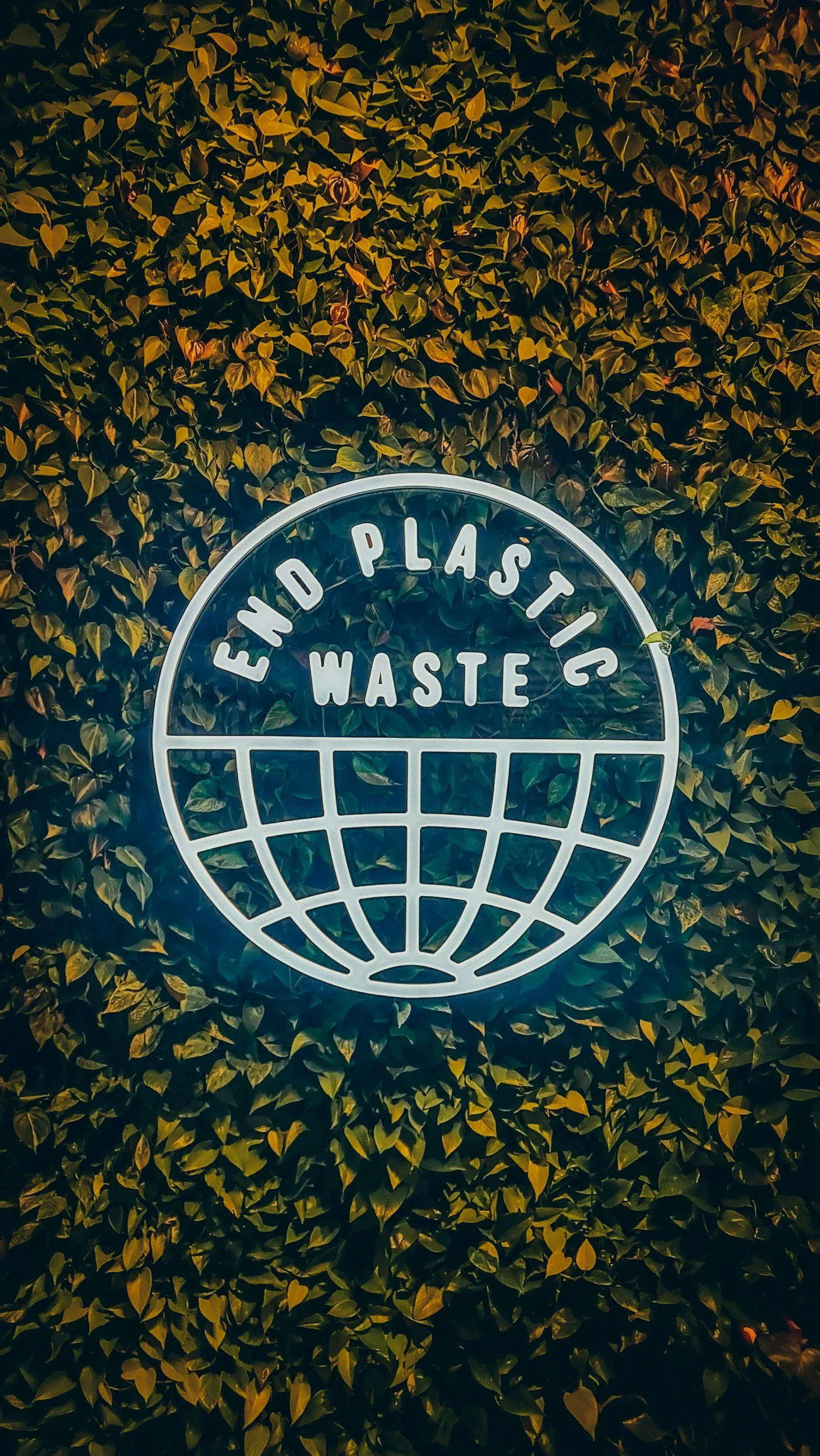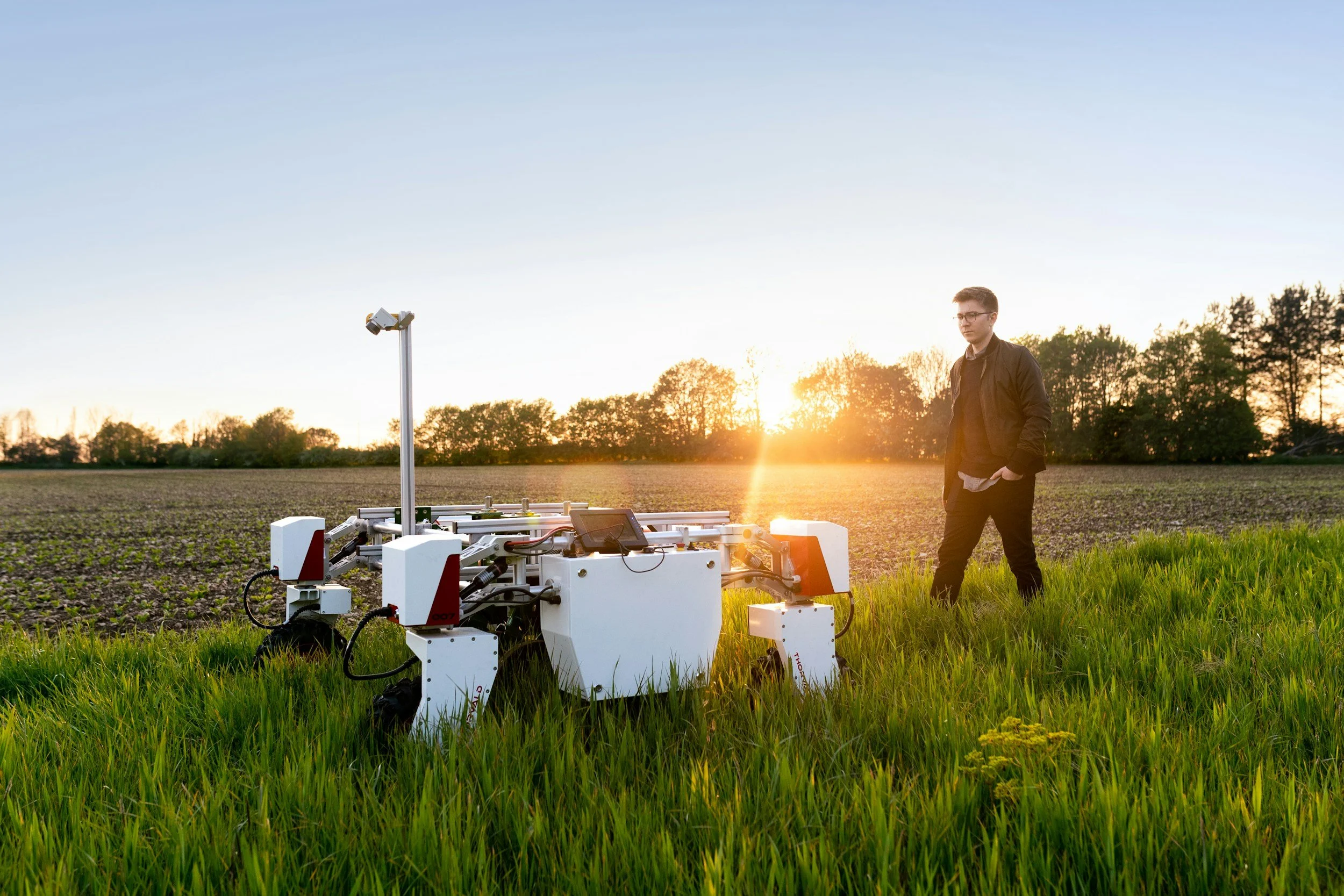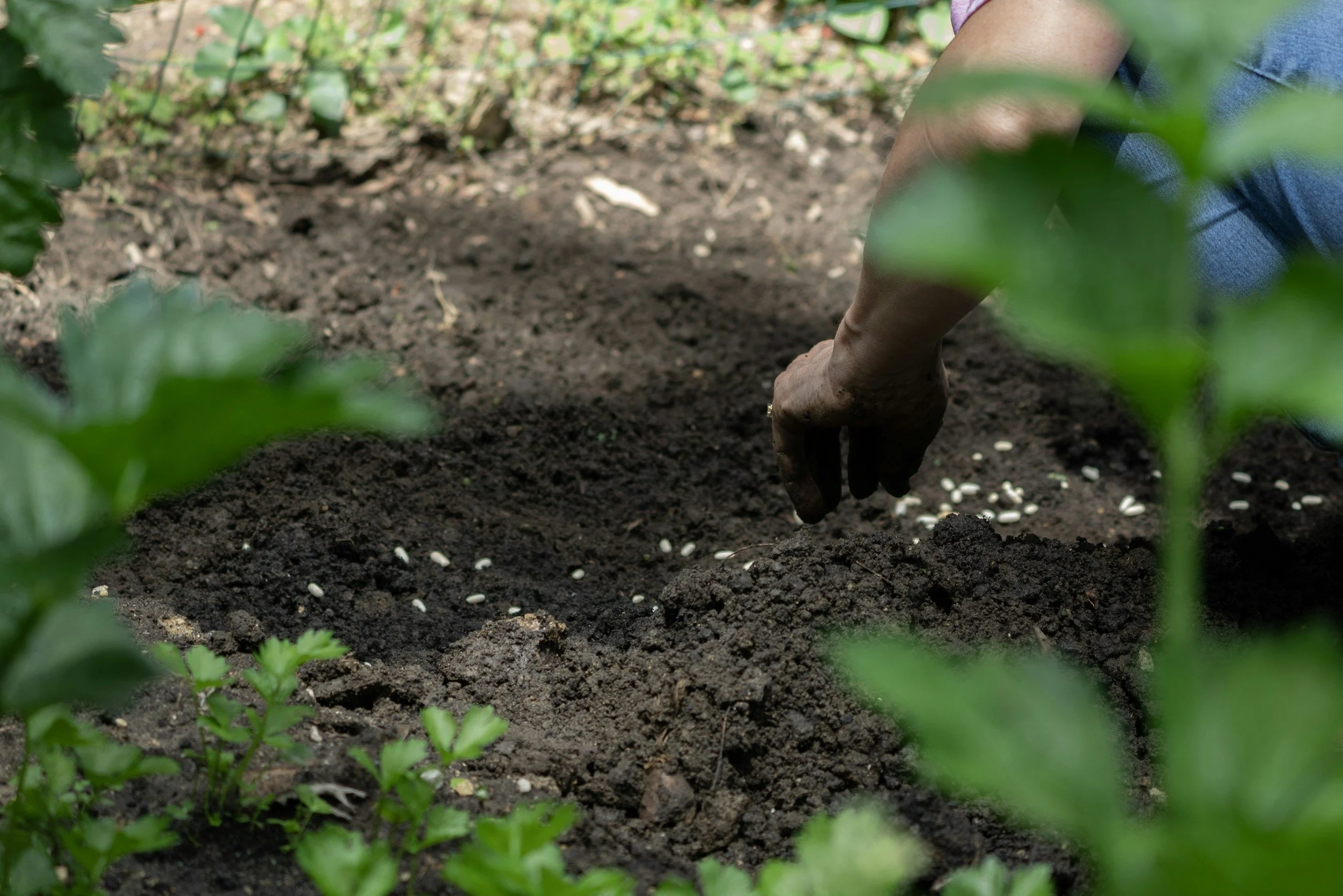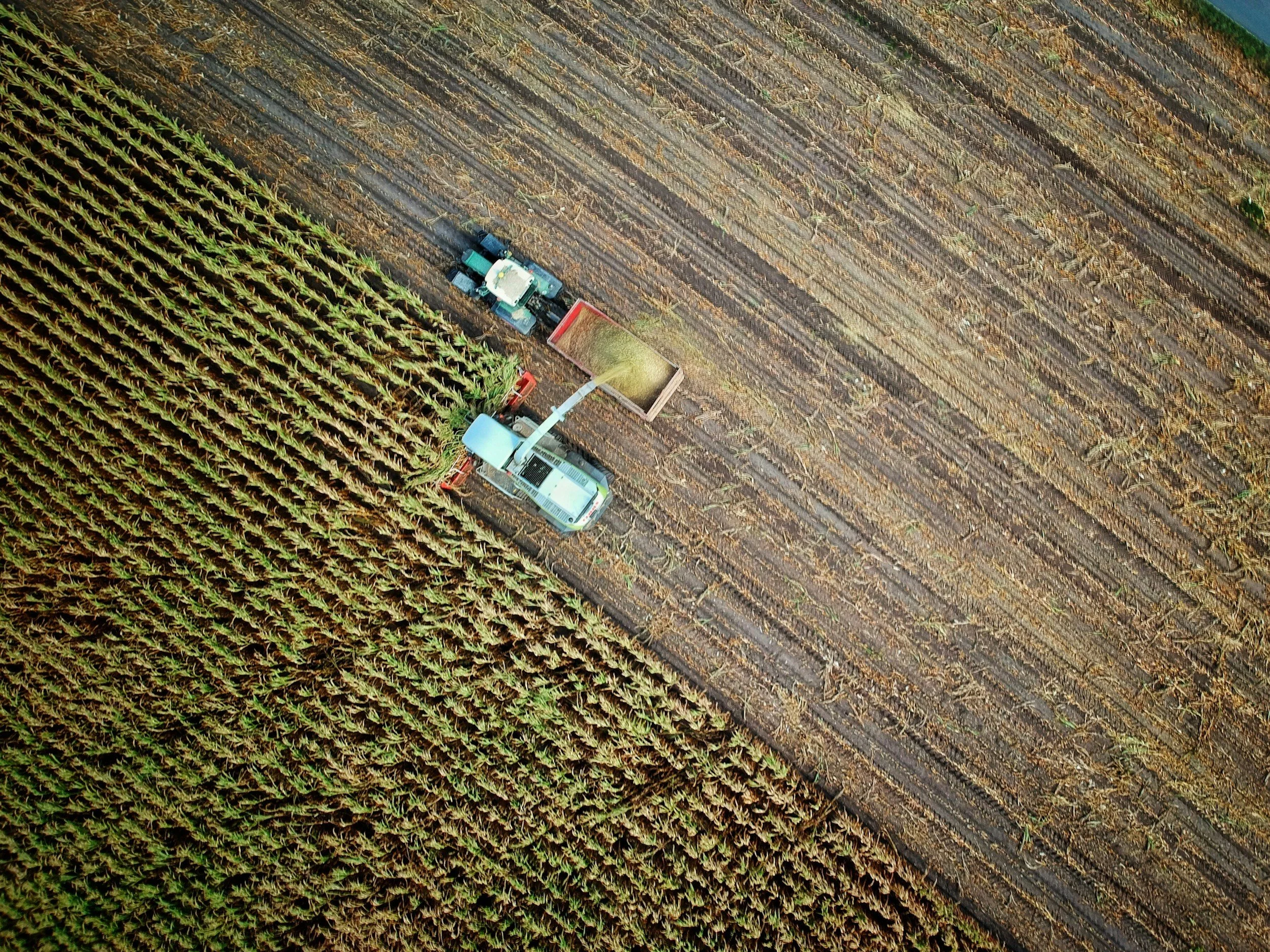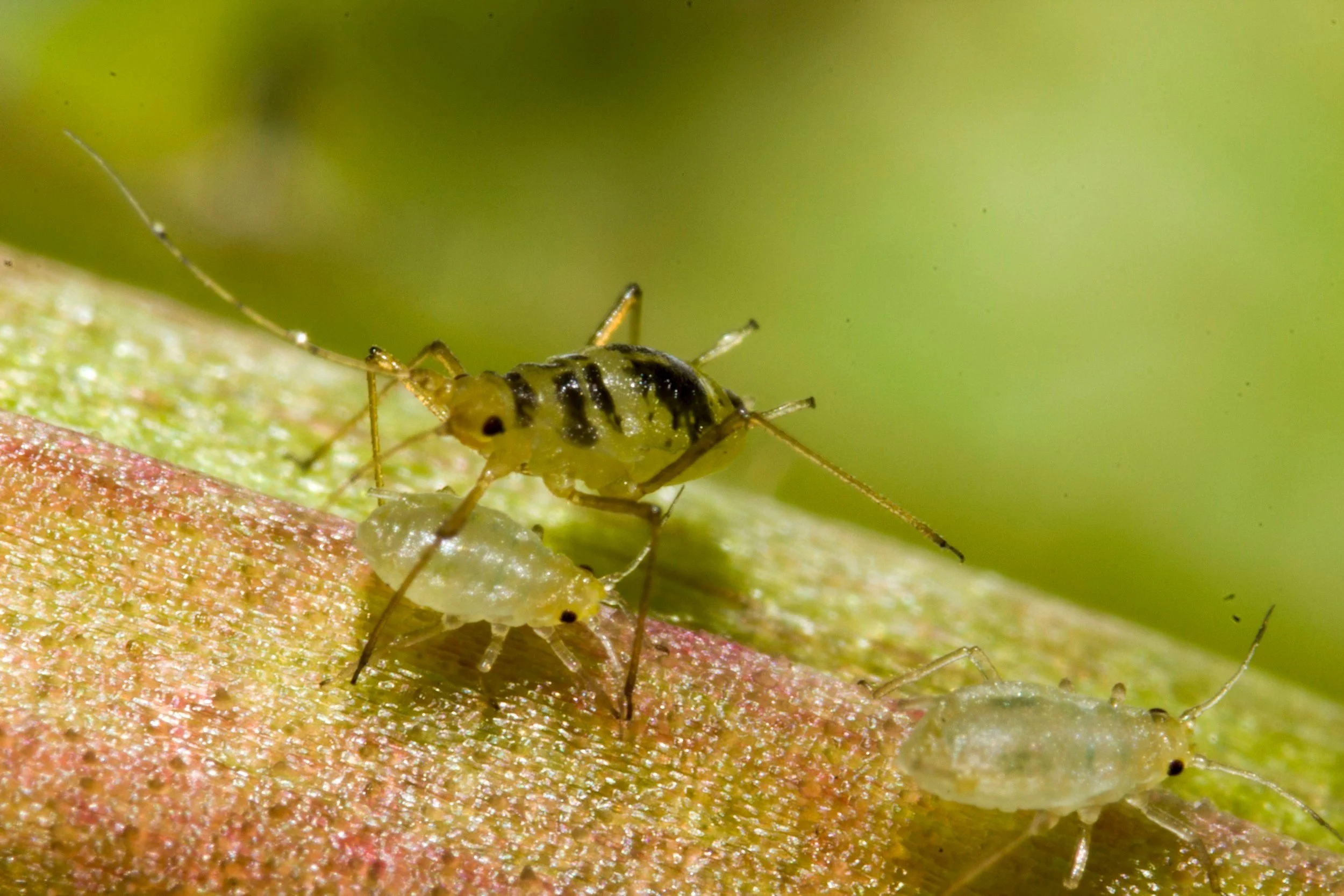There was a predictable panic that followed a "60 Minutes" report that blamed Lumber Liquidators for offering laminate flooring, manufactured in China, which was tainted with larger-than-permitted levels of formaldehyde. While the company continues to do damage control, in part by offering buyers free home air quality test kits, many people who have purchased the tainted products have wondered whether the flooring has already done irreparable harm to their health. Formaldehyde is a known cancer-causing agent, and little bodies (which may like to squirm and crawl or lay on the floor) are especially vulnerable to its toxic effects.
In cases like these, it’s a good idea to separate the hype from the facts and think about the real risks, and what you can do about them, if you fear that you may have been exposed. And most likely, you and your children have already been exposed to formaldehyde many times over, even if you never purchased tainted laminate floors from Lumber Liquidators. That’s because formaldehyde is already in a lot of the ordinary, indispensable things that are in, or on your house, or on your body.
Read More





















